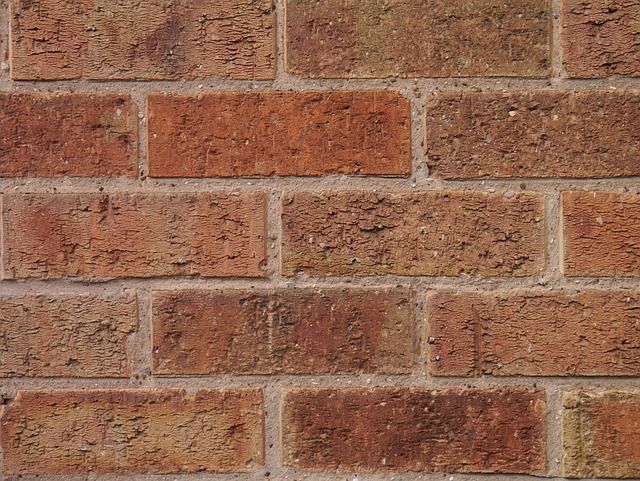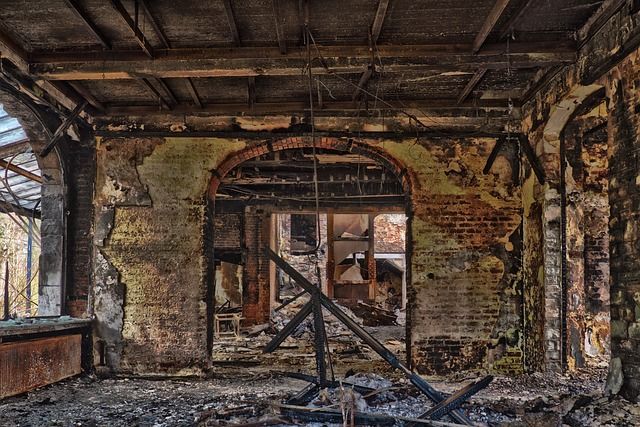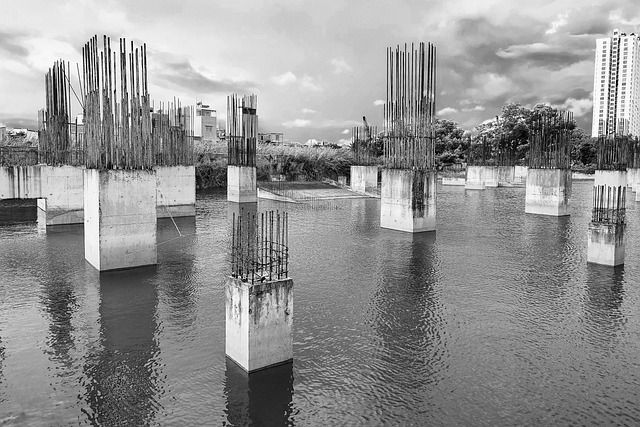Is Concrete Still Good After a Fire?
We Buy Fire Damaged Houses
No Obligation Free & Easy Offer
Get Cash Offer
We will get back to you as soon as possible.
Please try again later.
When a fire burns in your home or business, it can leave behind a lot of damage. The smoke damage, water damage, and other structural issues are bad enough on their own—but what about the concrete walls, foundation, beams, and floors that were exposed to extreme heat? Will these materials be safe for rebuilding after a fire?
Here's what you need to know about concrete after a fire:

How to Test Concrete After a Fire
Concrete can be tested using a rebound hammer or concrete core strength tests. A rebound hammer uses the force of gravity to determine how much energy is needed to break apart concrete.
This test is done by striking one end of the sample with another object, such as a steel rod or steel ball, then measuring how far it rebounds from where it was struck and comparing this result with other samples from different areas of your home or office building to determine if there are any weak spots in your structure that could cause problems later on like eventual crumbling or structural damage.

Property Owners Can Look For These Signs of Damage to Concrete
If you're concerned about whether your concrete has been damaged by fire damage, consider hiring a professional to perform a core strength test on your foundation system, foundation wall, or other concrete structures affected by the house fire.
Other indications that your concrete foundation has endured slight damage or chemical changes from heat damage include:
- External cracking
- Pink discoloration
- Large pits
- Damage to the concrete mortar
- A cracked or otherwise damaged foundation
These indications are noticeable upon a visual inspection; however, it's always best to hire a professional engineer for further investigation to check the fire-damaged concrete and concrete compressive strength.

Extreme Heat Can Make Concrete Unsafe to Reuse Due to Concrete Properties
If you have concrete in your home or business, it's important to know how it will react when exposed to fire so that you can take steps to protect yourself from damage if needed. The chemical composition of concrete exposed to fire changes. "When temperatures reach above 750 degrees, concrete strength drops by 50-60 % and is considered fully damaged."
If you're considering whether or not to use your concrete after a fire, it's important to remember that there are many factors involved in determining its safety: how hot was the fire? Were there any explosions? How long did it burn? These questions will help determine whether or not your foundation needs replacing before you begin construction again on top of it.
In fact, many towns and states will not provide a new building permit for a concrete foundation or concrete surface that has endured a fire due to its weakened structural integrity and structural bearing capacity, even with a concrete test performed on the remaining concrete.
Concrete is a good building material that can withstand high temperatures and pressures, making it ideal for use in many different types of structures, like foundation walls, concrete slabs for homes, and other foundation systems.
However, concrete foundations damaged by fire may be unsafe for rebuilding due to the risk of collapse. If you have any questions about whether your home has been affected by this type of damage or if it's safe for you to start rebuilding now, contact us today!
WE CAN HELP WITH ANY SITUATION AND WE'RE READY TO GIVE YOU A FAIR CASH OFFER!
Enter Your Information Below it is Quick, Easy & Free!
Get Cash Offer
We will get back to you as soon as possible.
Please try again later.
We Buy Fire Damaged Houses
No Obligation Free & Easy Offer
Get Cash Offer
We will get back to you as soon as possible.
Please try again later.

Happy Customers



All Rights Reserved | Fire Cash Buyers
